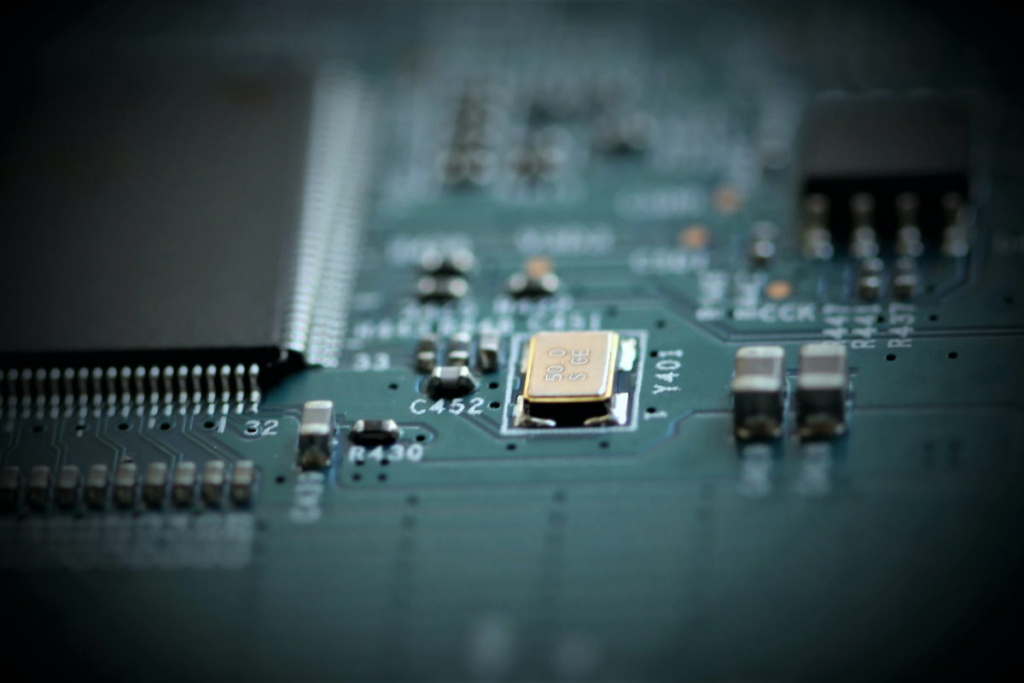
Don’t let China corner the mature-node markets
In many ways, the decision of the British government to retroactively block the acquisition of the Newport Wafer Fab by Nexperia is ridiculous. The decades-old facility was struggling, even facing bankruptcy before Nexperia came along. Its employees are perfectly happy with the new owner, describing the company prior to the takeover as a “mismanaged, undercapitalized startup, struggling to compete even in a buoyant market.” And the government’s decision-making process has been questionable, to say the least. Two prior probes didn’t turn up any national security concerns. If there were any nonetheless, the government hasn’t made any attempts to address them by engaging in dialogue with Nexperia.
It’s a sign of the times that the UK’s decision-makers pushed the blockade through anyway. Western anxiety about Chinese involvement in tech firms is at an all-time high (Nexperia and its owner Wingtech insist they operate independently from Beijing), as is the fear of being overly dependent on others for technology. Not so long ago, the acquisition of an ailing fab used to manufacture mature semiconductor technology would have barely registered on politicians’ radars.
And yet, the block may be viewed in a different light some years from now. The West might find that the export restrictions implemented to cut off China’s path to leading-edge technology had an unfortunate side-effect: focusing the Middle Kingdom’s efforts to set up a competitive domestic semiconductor manufacturing industry, allowing it to corner IC markets that don’t rely on leading-edge technologies, just like it did with solar panels and 5G telecom equipment.
Rightful place
The lavish amounts of subsidies and incentives injected into China’s semiconductor industry over the past several years have resulted in some successes. Apple came close to sourcing flash memory chips from Yangtze Memory Technologies until the US government essentially blacklisted the company. Without access to ASML’s EUV scanners, SMIC managed to manufacture 7nm-class chips deemed by one expert as “an acceptable 7nm alternative” to Samsung’s and TSMC’s offerings.
On the whole, however, and to the frustration of Xi’s administration, the colossal state resources haven’t allowed China’s semiconductor manufacturing industry to catch up with the West. According to data from IC Insights, the global market share by sales of China-headquartered IC manufacturers still amounted to only 2.4 percent in 2021 (Chinese fabless companies are doing better).
Having been cut off from sub-14nm manufacturing equipment, Beijing will need to rethink its strategy. The obvious route would be to double down on trailing-edge and mature technologies. These needn’t merely be the ‘nuts and bolts’ of electronics: TSMC is positioning the 28nm node as the new sweet spot for simple, low-cost chips such as sensors, drivers, RF modules and power management ICs. The gallium nitride and silicon carbide power semiconductor markets are still up for grabs as well.
Taken together, that’s a pretty big chunk of the semiconductor market. More importantly, as companies across the globe have experienced firsthand over the past year, these devices may cost mere pennies, but they’re essential nonetheless. Many a shipment of electronic devices or cars has been frustrated for lack of a tiny bit of silicon.
Whoever controls mature-node semiconductors, therefore, has coercive leverage over a wide range of industries, including – crucially – weapons manufacturing, which typically doesn’t require advanced semiconductors. Obviously, that kind of leverage shouldn’t be handed to China. It may seem far-fetched to suggest that China could even maneuver itself in such a position, but the country has a track record of wiping out the competition by flooding markets with products that are cheaper thanks (in part) to plentiful state subsidies. It’s also known to be determined to reclaim its rightful place in the world.
The UK government did a lot of things wrong in the Newport saga, but it got one thing right: the most humble of semiconductors are important too. I’m sure even Nexperia would agree.





